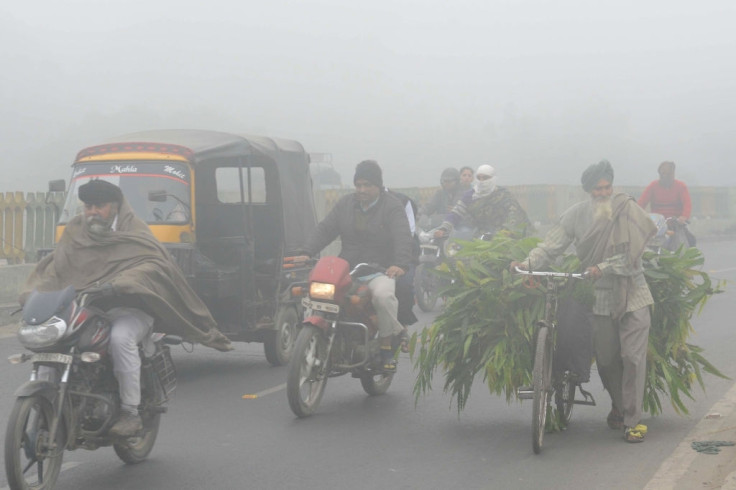Reaching the key sustainable energy goals by 2030 is unrealistic, says the UN
The UN reported that reaching Sustainable Development Goal 7 by 2030 is unrealistic. Achieving the goals would benefit the world, in terms of health, well-being, and protection from environmental and social risks.

On Monday (June 5), a UN report announced that "the world is not on track to meet Sustainable Development Goal 7, designed to ensure access to affordable, reliable energy for all".
Sustainable Development Goal 7 (SDG 7) program sets out to reach universal access to electricity and clean cooking, double efforts toward efficiency improvements, and ensure access to affordable, reliable, sustainable, and modern energy.
Although there has been some progress on specific elements that are part of SGD 7, the results are insignificant in regard to meeting the 2030 deadline.
During the decade between 2010 to 2020, the number of people who had access to clean cooking fuels and technologies only increased by 12 per cent – from 57 per cent in 2010, to 69 per cent in 2020.
Let's ensure everyone has access to cooking fuels & technologies which are clean for health including:
— World Health Organization (WHO) (@WHO) June 6, 2023
⚡️ electric
💥 natural gas, biogas & liquefied petroleum gas
🌞 solar
💧 alcohol-fuel stoveshttps://t.co/mqMnKt6vKE pic.twitter.com/xio6bBrLAM
Reaching the SGD 7 would benefit the world, in terms of health, well-being, and protection from environmental and social risks. This includes air pollution and increased access to primary health care and services.
The UN report also noted that financial support for clean energy and structurally reforming international public economies is essential to unlocking investments for sustainable energy in low and middle-income countries.
The financial support provided to low and middle-income countries has been consistently decreasing and limited since the global COVID-19 pandemic.
Due to the pressures on the economy imposed by the global pandemic, nearly 90 million people in Africa and low-income countries in Asia "could not afford to have an extended bundle of services in 2020", the report revealed.
Due to the mounting debt and rise in energy prices, the UN stated that these factors are
"worsening the outlook for reaching universal access to clean cooking and electricity".
The UN also predicted that, if the current rate of progression continues, around 1.9 billion people will be without clean cooking facilities, and 660 million people will lose access to electricity in 2023.
The UN Statistics Division noted that despite a recent decline in electrification figures, since 2010, the number of people without access to electricity decreased by 425 million. In 2010, it was recorded that 1.1 billion people were without electricity, whereas in 2021 the number had dropped by almost half, with 675 million people without electricity.
The UN report also claimed that the lack of sustainable energy sources in low and middle-income countries will not only affect the health of the most vulnerable populations but will also accelerate climate change.
"Climate change impacts human lives and health in a variety of ways," said the World Health Organisation (WHO).
WHO also recalled: "Climate change threatens the essential ingredients of good health – clean air, safe drinking water, nutritious food supply and safe shelter – and has the potential to undermine decades of progress in global health."
Sustainable Development Goal 7 aims at ensuring access to affordable, reliable, sustainable and modern energy to everyone by 2030.
— World Health Organization (WHO) (@WHO) June 6, 2023
The clock is ticking.
We must step up to meet the target! pic.twitter.com/tX4tYbxH0o
Tedros Adhanom Ghebreyesus, the head of WHO, declared that "additional efforts and measures must urgently be put in place to ensure that the poorest and hardest-to-reach people are not left behind. To reach universal access by 2030, the development community must scale up clean energy investments and policy support".
An estimated 3.2 million people lose their lives due to illnesses caused by fossil fuels and polluting technologies, according to WHO. The World Health Organisation also declared that these fossil fuels and polluting technologies will also increase exposure to toxic levels of household air pollution.
The head of WHO added: "We must protect the next generation by acting now. Investing in clean and renewable solutions to support universal energy access is how we can make real change. Clean cooking technologies in homes and reliable electricity in healthcare facilities, can play a crucial role in protecting the health of our most vulnerable populations."
© Copyright IBTimes 2025. All rights reserved.






















